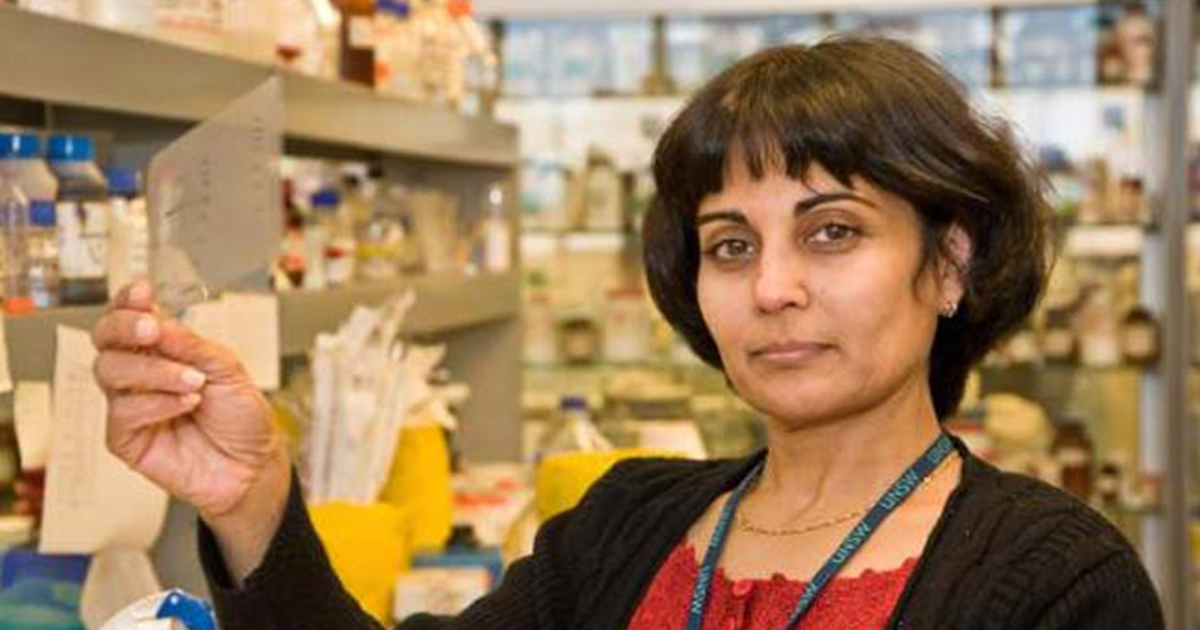New research conducted at the Ingham Institute for Applied Medical Research in Liverpool, New South Wales, has found a new approach to treating pancreatic cancer. The research, published in Oncotarget, suggests that a combined approach that targets tumor cells with chemotherapy while inhibiting specific pathways that mediate stromal-tumor interactions may represent a novel therapeutic strategy to improve outcomes in pancreatic cancer patients.
This research, funded by the Hirshberg Foundation, aims to find new approaches to treating pancreatic cancer, because targeting cancer cells alone has failed to substantially improve patient outcomes.
It is now acknowledged that the microenvironment surrounding pancreatic cancer cells plays an important role in cancer progression. Pancreatic stellate cells, found in the microenvironment surrounding pancreatic tumors, facilitate pancreatic cancer progression through increased tumor growth and metastasis. This study has shown that a two-pronged approach that combines standard chemotherapy with compounds that cut off the communication between cancer cells and pancreatic stellate cells greatly reduces tumor growth and virtually eliminates tumor spread to distant sites.
Research findings such as this allow us to provide novel treatment options to patients facing pancreatic cancer and provide greater understanding for targeted therapy. As Dr. Apte wrote, “the Hirshberg Seed Grant was absolutely valued and an integral support for us to be able to complete [this] work.”
We thank Dr. Apte & her team for their commitment to Never Give Up in the fight against pancreatic cancer.
Read the complete study here: https://www.ncbi.nlm.nih.gov/pmc/articles/PMC5652738/


